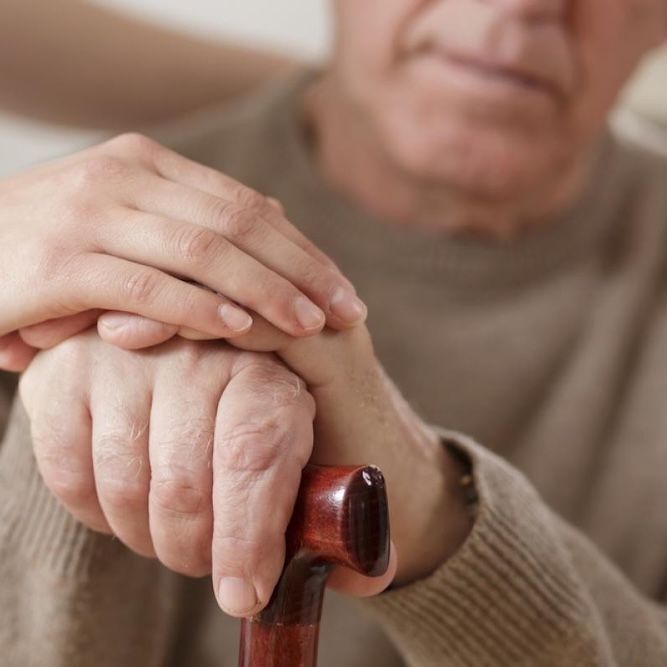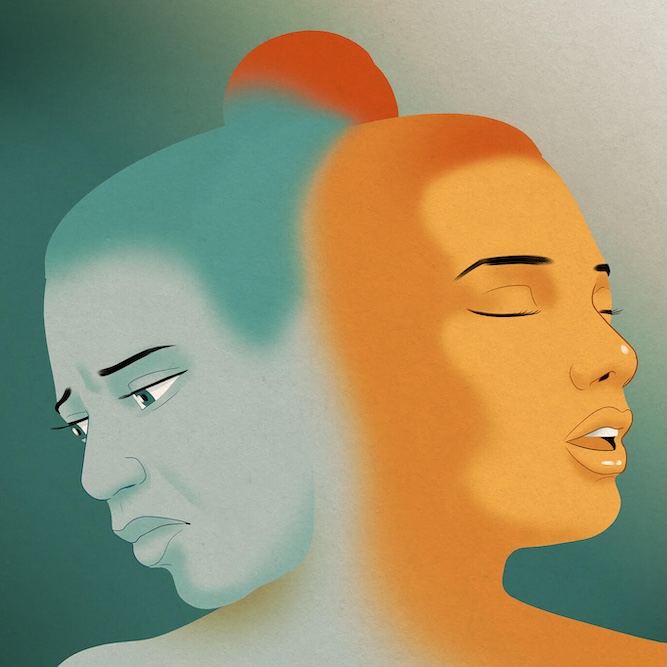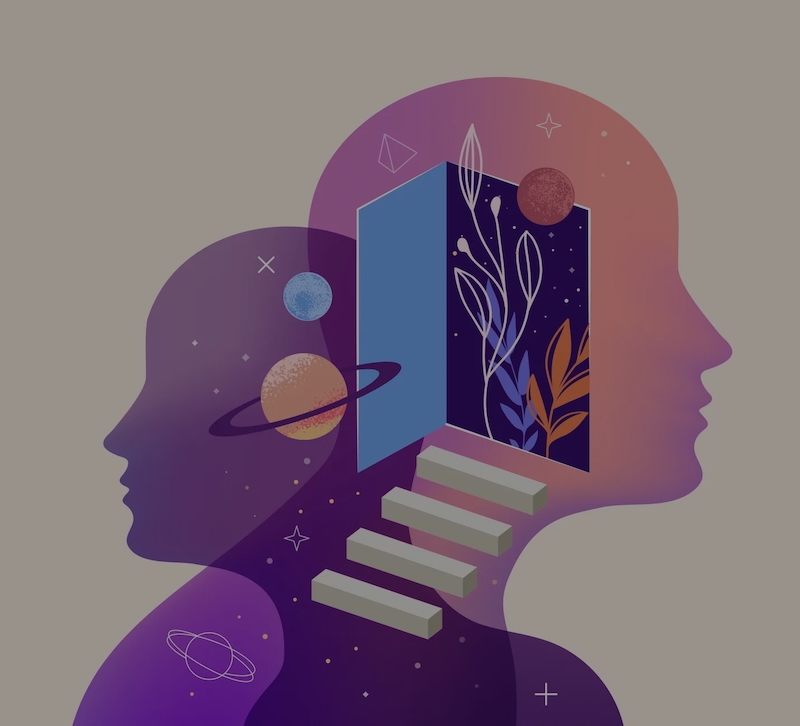Nearly a third of the patients in a large-scale study into the use of psychedelic ingredients experienced a reduction in their symptoms. Both The Guardian and various other international media write about this. They cite a study published in the New England Journal of Medicine.
Relieving severe depression
The psychedelic substance in magic mushrooms and truffles such as those available here at GO Microdose have been shown to help relieve severe depression when used during psychotherapy. The research shows the effect of psilocybin, something that gives hope to anyone who does not achieve the desired result with existing anti-depressants.
Nearly a third of the patients with major depression who took part in the study experienced a reduction in their complaints. They used a single dose of psilocybin and then followed therapy sessions. The sessions focused on helping patients find causes and possible solutions to their depression


' Exceptional results '
Professor Guy Goodwin is Chief Medical Officer at Compass Pathways. He led the study and speaks of “exceptional results” ( https://www.theguar dian.com/science/2022/nov/02/magic-mushrooms-psilocybin-alleviate-severe-depression-alongside-therapy ) , from the ‘largest clinical trial to date’ on the effects of psilocybin on depression. His company conducted the survey at 22 different locations across the UK, Europe and the United States.
Worldwide, an estimated 100 million people suffer from depression that cannot be treated with traditional therapy. This is the case if their depressive disorder does not improve after at least two treatments with antidepressants. As a result, about half of this group is unable to perform their normal daily tasks.
Goodwin explains: “The percentage of participants in other studies who normally respond to treatments for treatment-resistant depression is about 10 to 20 percent. That no less than 30% of the people studied now experience an improvement is very satisfying, and exceptional.”
Doctor James Rucker is a psychiatrist at South London and Maudsley NHS Foundation Trust collaborated on the study, at a site at King’s College London. He states that patients with depression for which traditional therapy does not offer a solution costs the United Kingdom alone about 3.9 billion pounds (4.44 billion euros) annually.
Study among 233 patients
The clinical phase of the study was conducted in 233 patients with drug-resistant depression. They were randomly assigned to use 1 milligram, 10 milligrams or 25 milligrams of synthetic psilocybin (Comp360). The patients then listened to a calming playlist, and wore eye masks to focus their attention inward for at least six hours. Meanwhile, the psychedelics used were doing their job.
A therapist was always present to monitor the safety and health of the participants. The study participants received their psychotherapy-based therapy sessions the following day and a week later.
Significant impact at the highest dose
The results of the study were published in the New England Journal of Medicine ( http://www.nejm.org/doi/full/10.1056/NEJMoa2206443 ). The study shows that depression scores – as measured on the standard Montgomery-Asberg depression scale – improved immediately after treatment, for all three variants of the study.
The most significant impact occurred in the participants who took the highest dose, 25 milligrams of psilocybin . Three weeks after taking it, no less than 29% of them experienced fewer complaints, compared to 9% with 10 milligrams and 8% with 1 milligram. After twelve weeks, about 20% of the participants with the highest dose still experienced the benefits, compared to 10% for the group with the lowest dose.
About psilocybin
Psilocybin is the active ingredient in magic mushrooms and truffles. Anyone who would examine it will discover a substance called psilocin inside. This affects the brain by releasing waves of neurotransmitters. MRI scans show how the brain reacts with chaotic activity, as multiple parts of the brain connect with each other.
Doctor Rucker explains: “That may sound like a negative effect, but it isn’t. This happens every night, when we dream and our brain becomes active. The chaos increases a bit, because that’s when new connections are formed.”
Indeed, study participants spoke of a ‘wake-up dream’ when they took psilocybin. It was a brief experience for them, which was gone before they went home. However, the increased activity in the brain seems to last longer, at least for a few weeks. In addition, this could help open up the brain to psychotherapy.
More chance for therapy
Rucker can explain that too: “If the brain opens up more to therapy in a flexible state, there’s a much better chance. We speak of a ‘ window of opportunity’ for therapy, such as psychotherapy.”
The Guardian also spoke with David Nutt , a professor of neuropsychopharmacy at Imperial College London. He was not involved in the research, but does recognize the rapid effects of psilocybin. He describes that it can break through negative thoughts, so that it acts as a ‘reset’ for the brain.
Possible side effects of psilocybin
Despite the clear benefits, a relatively large number of patients reported side effects during the study. Most of these were headaches, nausea, dizziness and fatigue. One person experienced a bad trip and was given a sedative to ease the anxiety. What is more common, and also occurred during this study, is that patients with drug-resistant depression tried to injure themselves and had suicidal thoughts.
In this study, suicidal behavior was observed after at least one month in three patients who did not respond to the 25 milligrams of psilocybin . According to Professor Nutt , the cases are likely due to chance, and those cases have no relation to the study or the dose of psilocybin . Even the highest dose of 25 milligrams would have left the body long ago. Later this year, the researchers will start a more extensive study, in which they will investigate the effect of two doses of psilocybin. Of course we keep a close eye on it at GO Microdose, to keep you informed about this.




